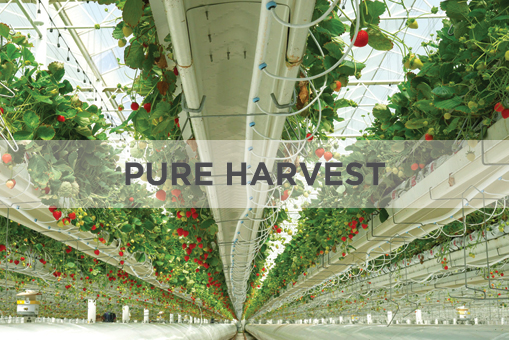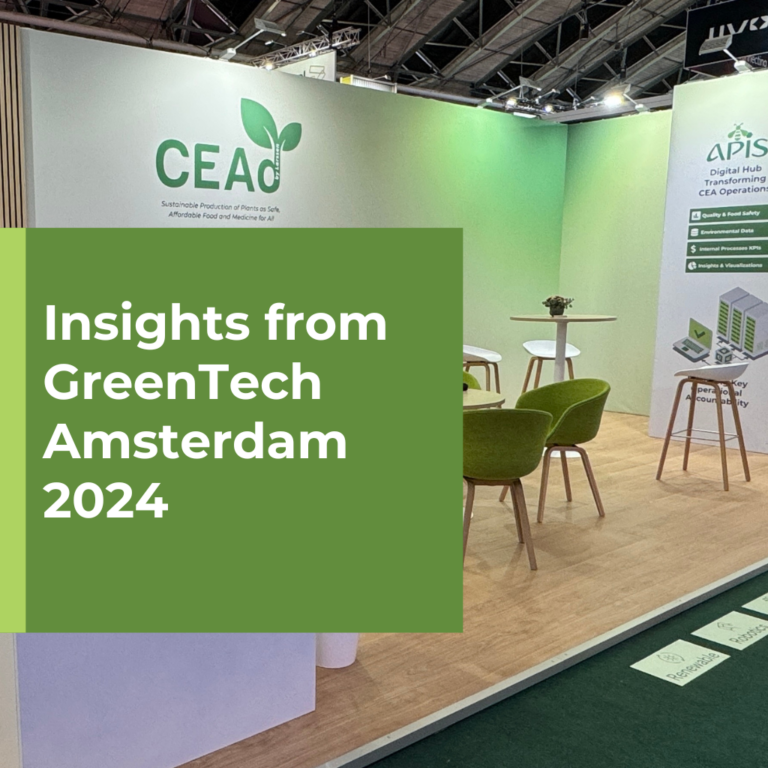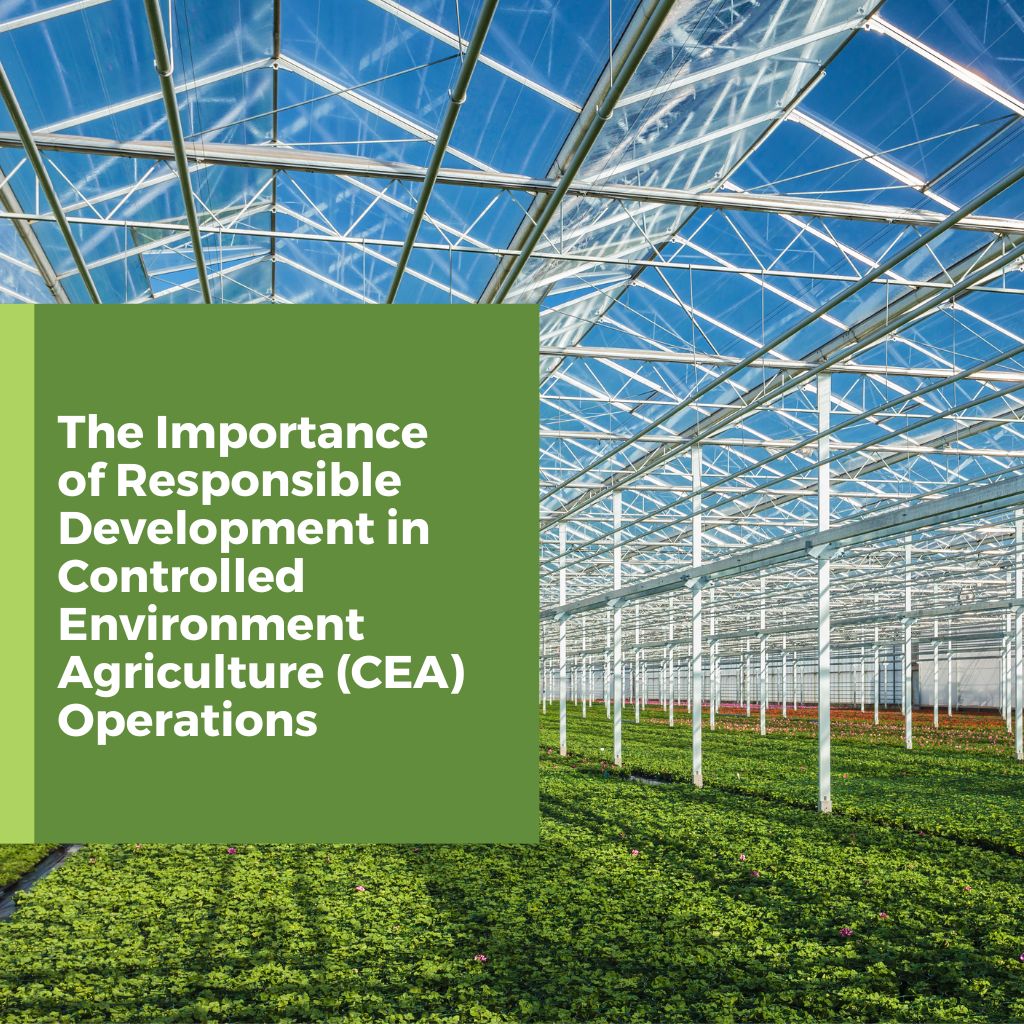
The Importance of Responsible Development in Controlled Environment Agriculture (CEA) Operations
Responsible Development
Engaging in Responsible Development means designing, implementing, and managing sustainable and socially responsible practices that minimize environmental impact, promote the well-being of stakeholders, and ensure the long-term economic viability of the business. This includes using resources efficiently, reducing waste and emissions, investing in employee training and development, and engaging with the community and customers in transparent and ethical ways.
Responsible Development = Longevity and Profitability
By integrating industry-specific knowledge with each client’s production goals, CEAd can enable profitable and long-lasting operations built around an ethical assessment of customer needs. For a controlled environment agriculture business, responsibility can take many forms. Let’s explore what responsible development might look like for your business:
Integrative Design and Employee Investment
Integrating industry-specific knowledge, research, and
technology to design and implement an operational model defined by sustainable
practices that reduce waste while conserving water and energy.
Investing in employee development through the enactment of
adequately informed training and operational processes that foster a culture of
continuous learning, accountability, and environmental responsibility.
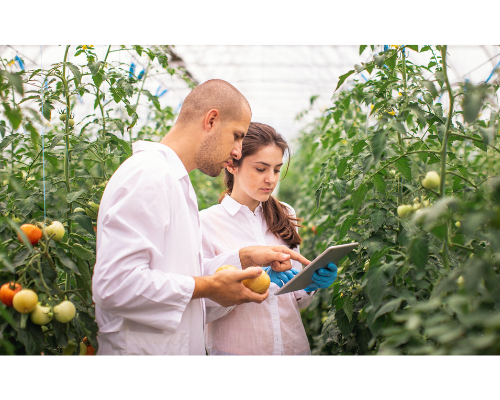
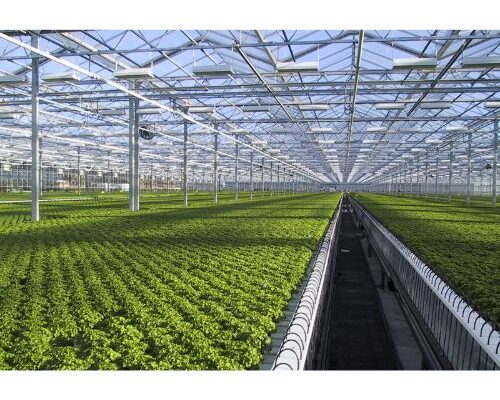
Ethical Policies and Sustainable Operations
Engaging in strategic planning that is built around ethical policies that are local, research-based, and which seek to understand consumer needs.
Designing and deploying operational strategies that are guided by and proven and tested standards of responsible development and sustainable growth.
Energy Efficient Practices and Waste Management
Prioritizing energy-efficient technologies while integrating renewable energy sources into daily operations to reduce the facility’s carbon footprint.
Adopting effective waste management practices that focus on adequate handling and disposal of plan waste, and which incorporate effective recycling systems.
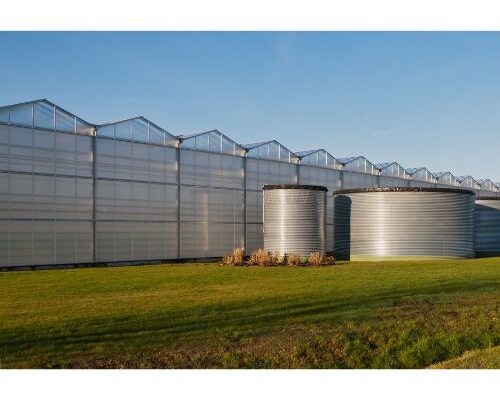
Responsible Development is Essential!
By adopting sustainable practices guided by the efficient use of resources, controlled environment agriculture businesses become resilient, innovative, and stable. By engaging in responsible development, grow facilities are able to minimize environmental impact while enhancing operational efficiencies that lead to the reduction of overall production costs. By committing to sustainable practices, businesses will see evolving benefits while having a positive impact on their industry and society as a whole.


